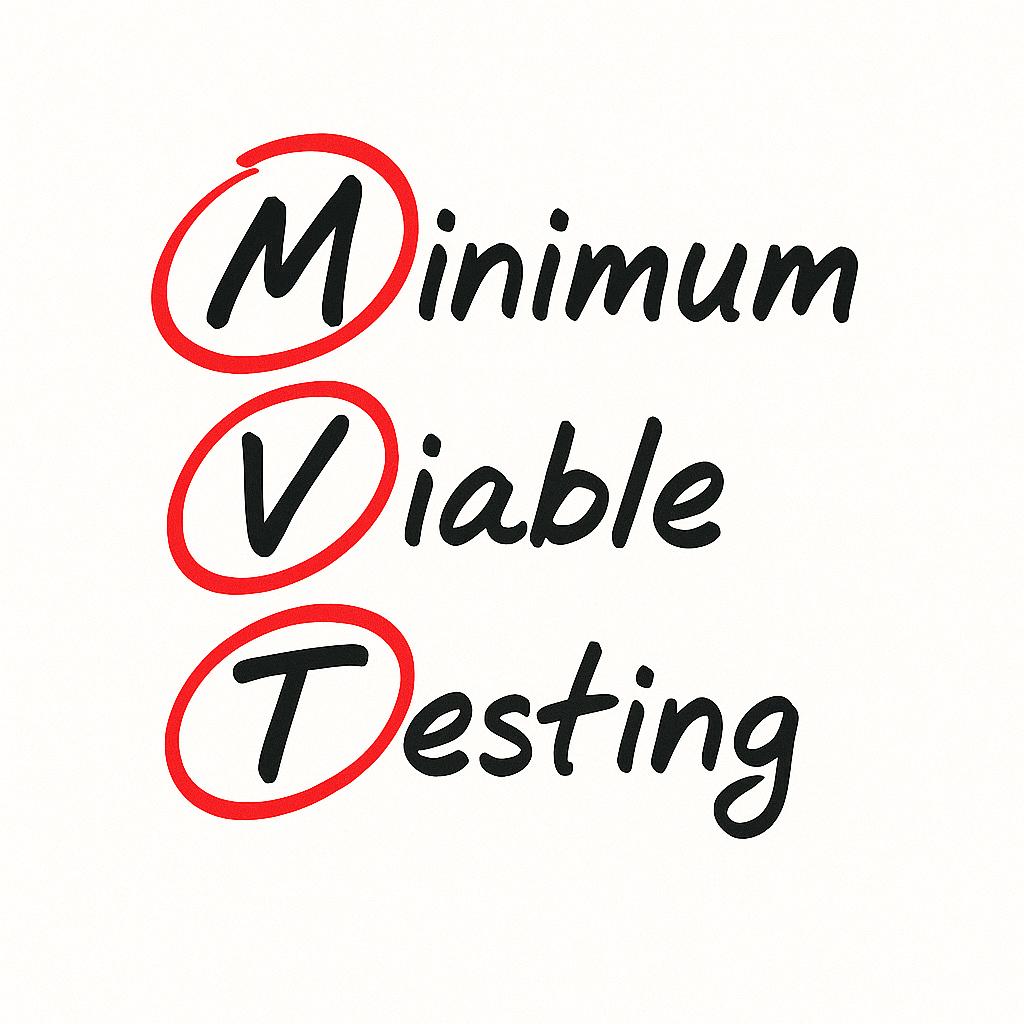Why is Remote Software Development the Future of Work?
What if you could hire the best developers from around the world without the limitations of geographic boundaries?
Remote work has become increasingly prevalent, and businesses are embracing the benefits of hiring remote professionals. One area where remote work has gained significant momentum is in the field of software development. In this article, I explore the advantages of hiring remote developers and why it has become a popular and effective approach for businesses worldwide.
The traditional hiring process is often limited by geography, leading to a restricted talent pool. This can hinder innovation and growth, especially in specialized fields like software development. Businesses are forced to compete for local talent, driving up costs and sometimes compromising on quality.
Many businesses attempt to solve this problem by relocating talent or establishing satellite offices. However, these solutions are costly and logistically challenging. Furthermore, they fail to address the core issue: accessing a diverse and highly skilled global talent pool.
Businesses can be able to benefit from remote development in the following ways:
Hiring remote developers allows you to tap into a vast array of skilled professionals regardless of their physical location. This opens up a world of possibilities, enabling you to find developers with diverse skill sets and experiences that align with your project requirements. According to a study by McKinsey, businesses that embrace remote work can increase their access to talent by up to 25%.

Remote developers offer flexibility and scalability that traditional in-house teams may not provide. You can quickly scale your team up or down based on project demands without the constraints of physical office space. FlexJobs reports that 80% of remote workers experience lower stress levels, which translates to better performance and adaptability.

Hiring remote developers eliminates the need for additional office space, equipment, and overhead expenses associated with on-site employees. Remote developers often work as independent contractors, reducing costs associated with benefits, insurance, and other employee-related expenses. A Global Workplace Analytics report found that businesses can save an average of $11,000 per half-time remote worker per year.

Remote teams often bring a unique blend of cultural backgrounds and professional experiences, fostering innovation and creativity. This diversity can lead to better problem-solving, fresh ideas, and improved collaboration within your development projects. Research from Harvard Business Review indicates that diverse teams are 45% more likely to report growth in market share.

Investing in effective communication and collaboration tools is crucial. Platforms like Slack, Zoom, and project management software ensure seamless interaction and efficient workflow management, bridging the physical gap between team members. According to Buffer's 2023 State of Remote Work report, 99% of remote workers use digital tools to stay connected and productive.

Remote developers often work in environments they are comfortable with, leading to improved concentration and efficiency. Remote work eliminates time-consuming commutes, allowing developers to allocate more time to their work and achieve higher productivity levels. A Stanford study revealed that remote workers are 13% more productive than their in-office counterparts.

With remote developers distributed across different time zones, you can ensure 24/7 development and faster turnaround times. Leveraging time zone differences can lead to round-the-clock development and faster project delivery, increasing customer satisfaction and competitive advantage. Research by Deloitte shows that continuous development cycles can improve project delivery times by up to 30%.

Remote work offers a level of flexibility and work-life balance that many professionals value. By hiring remote developers, you can attract top talent who seek the benefits of remote work, leading to increased job satisfaction and higher retention rates. The 2023 Buffer report states that 98% of remote workers would like to continue working remotely for the rest of their careers.

Recent studies support the effectiveness of remote work. According to a 2023 survey by Buffer, 99% of remote workers want to continue working remotely at least some of the time for the rest of their careers. Additionally, remote work has been shown to increase productivity by 47% (source: Owl Labs 2023 Remote Work Statistics).
Hiring remote developers has emerged as a game-changer for businesses seeking access to top talent, cost-effectiveness, flexibility, and global collaboration. With advancements in technology and the rise of remote work, businesses can leverage the advantages of hiring remote developers to drive innovation, achieve scalability, and deliver high-quality software solutions.
Meet Dennis, a seasoned software engineer with 11 years of experience transforming ideas into digital reality. He has successfully guided countless projects from concept to deployment, bringing innovative solutions to life. With a passion for crafting exceptional software, Dennis has helped countless clients achieve their goals.
Click here to learn more
Popular Posts
- How Can Strategic Software Solutions Propel Your Business to the Next Level?
- What is the Key to Startup Success?
- Why Do Some Products Soar While Others Flounder?
- Why Is Consistent Blogging Critical for Your Go-To-Market Strategy?
- Why Do Some Products Stick While Others Don't?
- Why Do Top Engineers Choose Where They Work?
- The Ultimate Solution for Faster, Scalable, and Customizable Web Design Without the CSS Headaches
- Revolutionizing Your Software Experience
- How Can You Overcome Common Pitfalls in Enterprise Application Software Development and Achieve Success?
- Discover the Ultimate Solution to Streamline Your Workflow and Boost Productivity!
Ready to take your business to the next level? Let’s make it happen.
Recommended For You

The Decision Maker’s Playbook to Building Winning Products

How Can You Deliver Software That Wins Customers and Beats the Competition?

Why Software Engineering Fundamentals Can Transform Your Business Success

How to Skyrocket Engagement and Sales with Minimal Viable Experience

Test Ideas Smarter

Launch Faster, Spend Less, Win Big: How to Nail Your Software Product Launch

The 75% Problem: How to Ensure Your Features Deliver Real Business Value

